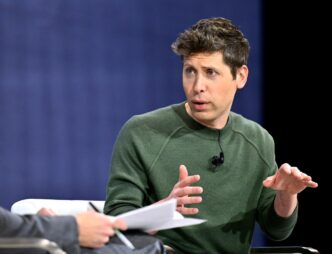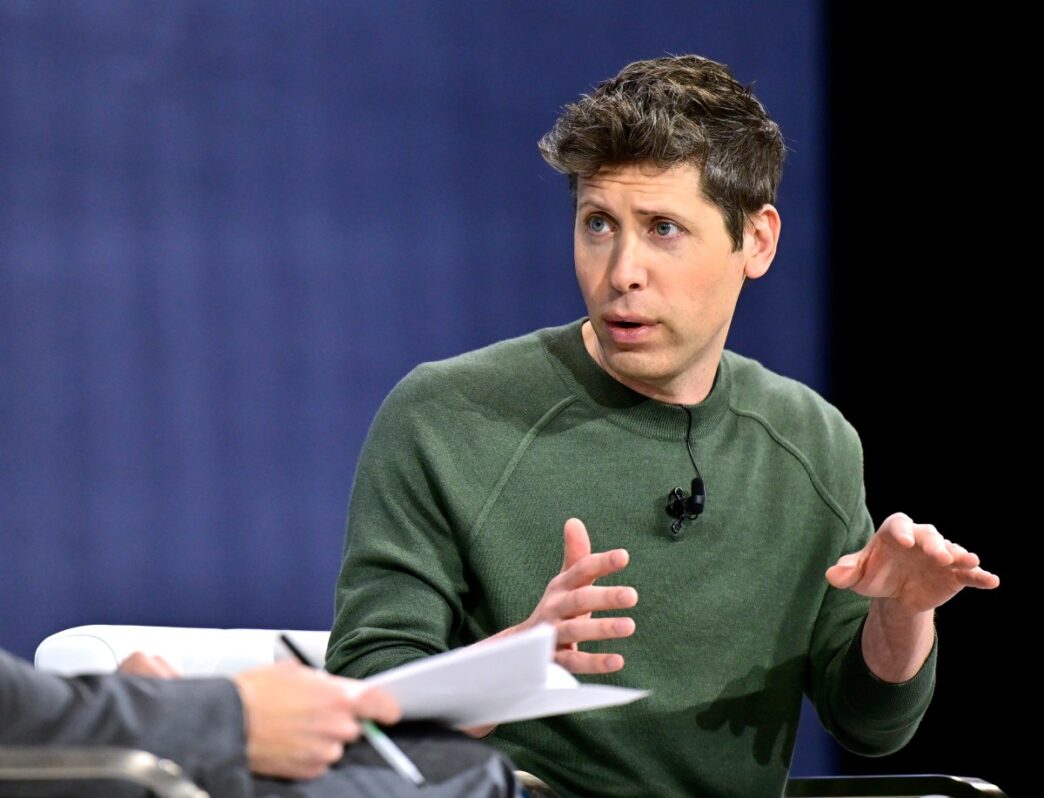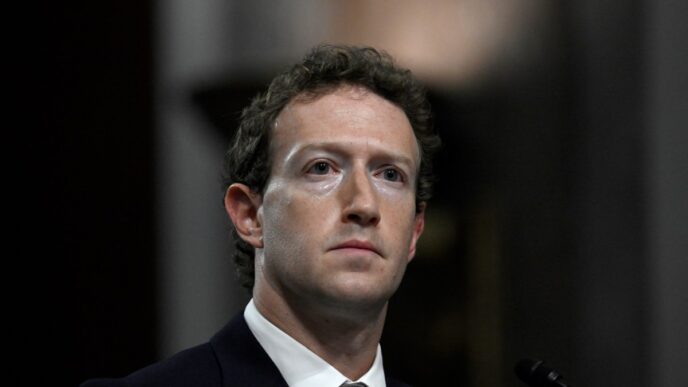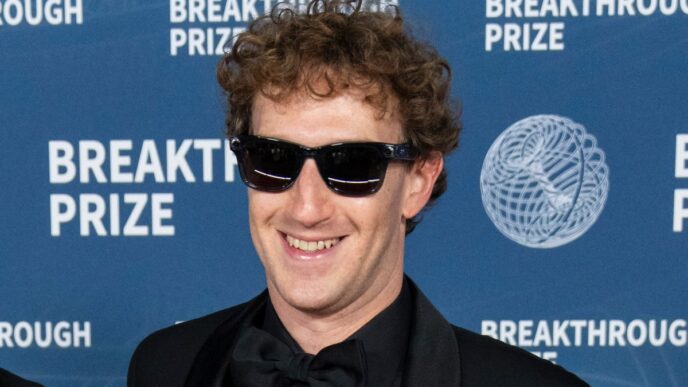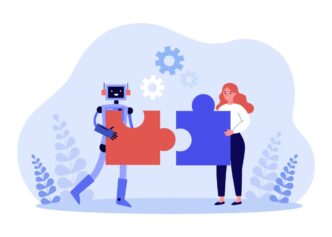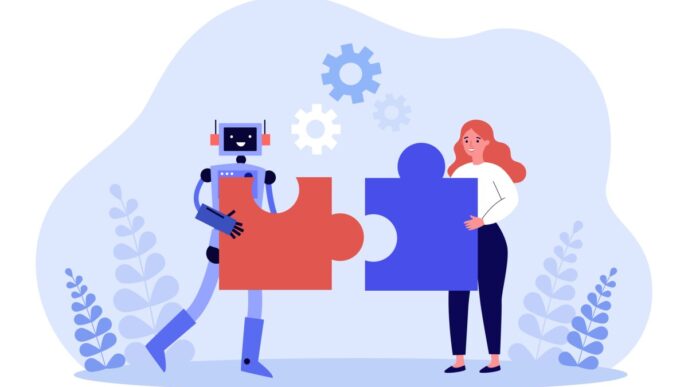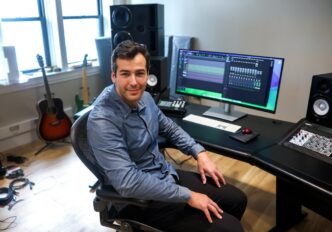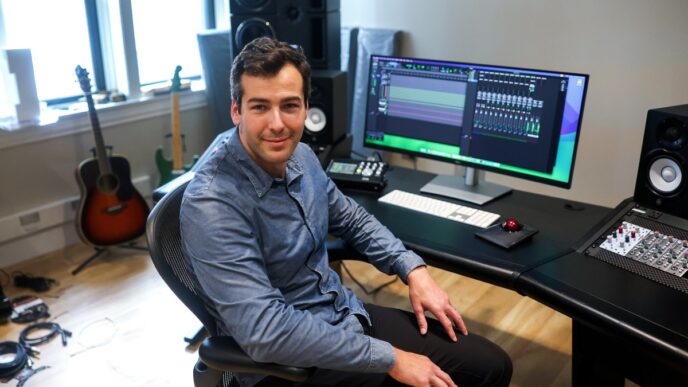OpenAI CEO Sam Altman went on the offensive during a live podcast taping in San Francisco. The session, hosted by The New York Times’ Kevin Roose and Platformer’s Casey Newton, quickly turned tense.
Altman hijacked the conversation to blast The New York Times lawsuit accusing OpenAI and Microsoft of copyright violations over training AI on news articles. The paper’s demand for user data preservation, even in private chats, set off Altman.
“The New York Times, one of the great institutions, truly, for a long time, is taking a position that we should have to preserve our users’ logs even if they’re chatting in private mode, even if they’ve asked us to delete them,” said Altman. “Still love The New York Times, but that one we feel strongly about.”
The CEO pressed the hosts for opinions. They stayed neutral, citing conflicts as journalists.
The move signals rising tension between Silicon Valley and media publishers. Lawsuits over AI training data are piling up against OpenAI, Anthropic, Google, and Meta.
Anthropic scored a recent win in court, with a judge backing some legal training use of copyrighted books. This could shift the landscape for all AI legal battles.
Altman and OpenAI’s COO, Brad Lightcap, also took shots at competition. Mark Zuckerberg’s $100 million lure to steal OpenAI talent was not spared.
Lightcap quipped about Zuckerberg’s superintelligence:
“I think [Zuckerberg] believes he is superintelligent.”
Relations with Microsoft, long-time OpenAI backer, are strained too. Altman admitted “flashpoints” amid contract talks and new enterprise competition but expressed hope for a long-term partnership.
The chat also touched on AI safety. Altman acknowledged challenges with vulnerable users spiraling into dangerous chats around conspiracies or suicide. AI filters cut off some talks or route users to help, but gaps remain.
“We don’t want to slide into the mistakes that I think the previous generation of tech companies made by not reacting quickly enough,” said Altman.
“However, to users that are in a fragile enough mental place, that are on the edge of a psychotic break, we haven’t yet figured out how a warning gets through.”
OpenAI faces rising pressure on multiple fronts — legal battles, talent races, and safety fears — all while pushing its AI future. The fallout from this latest public confrontation with The New York Times could shape how far tech and media clash in the AI era.
You can watch the full interview here.
